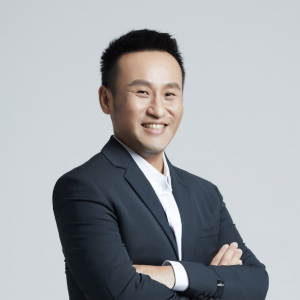Since the explosive growth of AI, in addition to paying attention to technological progress, I am more concerned about the education and employment issues of future generations.
To this end, last summer, several friends and I founded the world’s first AI summer camp for junior high school and elementary school students. Through appropriate guidance and teaching, as well as the application of AI tools, we were surprised to find that these students were able to independently complete product prototypes with commercial potential. If the products can be optimized, the students will have the opportunity to monetize them.
This gave me an idea: Facing the business environment, what future generations lack is not knowledge or tools, but experience in solving real-world problems, which will be an important competitive edge for survival in the future workplace.
Under the current education system and workplace environment, it usually takes two or three years for new employees to learn certain basic tools or skills after entering the workplace. These entry-level jobs are indeed likely to be replaced by AI; hence the reason for the anxiety that “AI will replace human jobs.”
But I think this is a great competitive opportunity for future generations who know how to use AI tools properly. The reason is, they can close the ability gap in a very short period of time and gain the skills of two to three years (or even more) of equivalent workplace experience. The next key is, who understands business logic and knows how to solve real-world problems better?
With this in mind, I suggest that future generations should focus on two major aspects of education and employment: changing learning strategies and getting into the workplace early.
While AI will develop rapidly, the education system may not necessarily be able to change that quickly. However, future generations can cultivate the core capabilities required in the AI era by changing learning strategies. In terms of learning, we should adhere to the principle of, “If AI is more powerful, let AI do it,” emphasizing the ability to harness AI such as understanding concepts, engaging in critical thinking, and applying learning tools, rather than pursuing the ability to memorize a lot of details and manually calculate answers.
As for contacting the workplace, you don’t have to wait until college; you can even start from high school. If you have ideas and creativity, you can practice implementing products through AI early, try to sell them, and accumulate business understanding in advance, or seek internship opportunities from companies to accumulate practical experience, so you can be competitive enough when entering the workplace.
Adults always laugh at themselves for losing their childlike spirit when they grow up, but if these creative and curious children are given adult-like skills, what amazing possibilities will there be in the future? I also want to say to the new generation: Don’t be nervous. In fact, your great opportunities are just around the corner!

